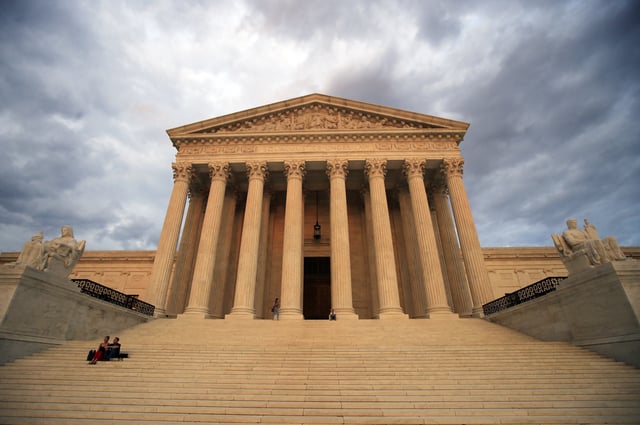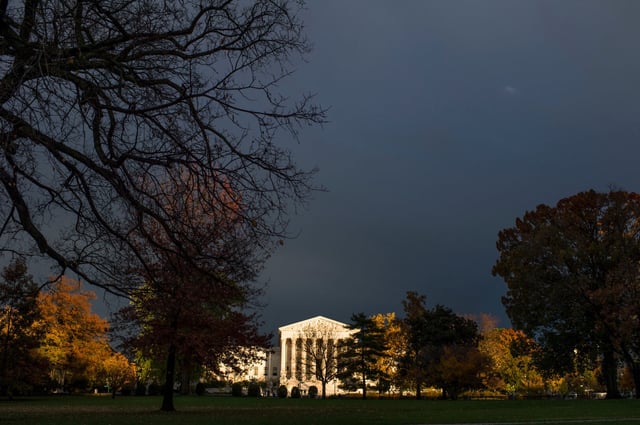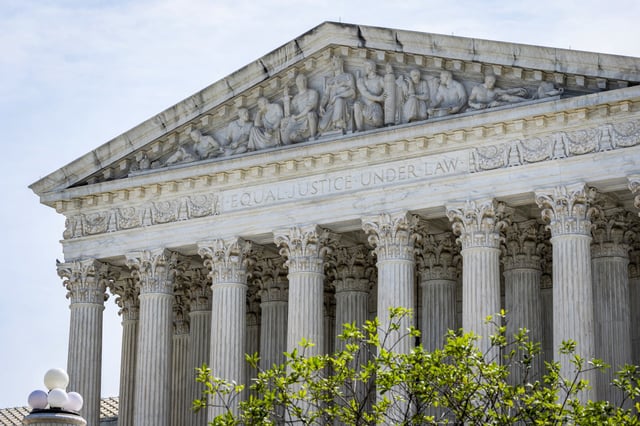Overview
- The Supreme Court heard oral arguments on the FCC's Universal Service Fund, which subsidizes phone and internet services for rural and low-income areas.
- Justices appeared divided but leaned toward upholding the program, with concerns about broader implications of dismantling similar federal funding structures.
- The challengers, led by Consumers' Research, argue the program constitutes 'taxation without representation' and violates constitutional limits on congressional delegation of power.
- The FCC and the Biden administration defended the program, stating Congress provided sufficient guidance through the 1996 Telecommunications Act.
- A decision is expected by late June 2025, with the outcome potentially affecting the nondelegation doctrine and the scope of federal agency powers.



